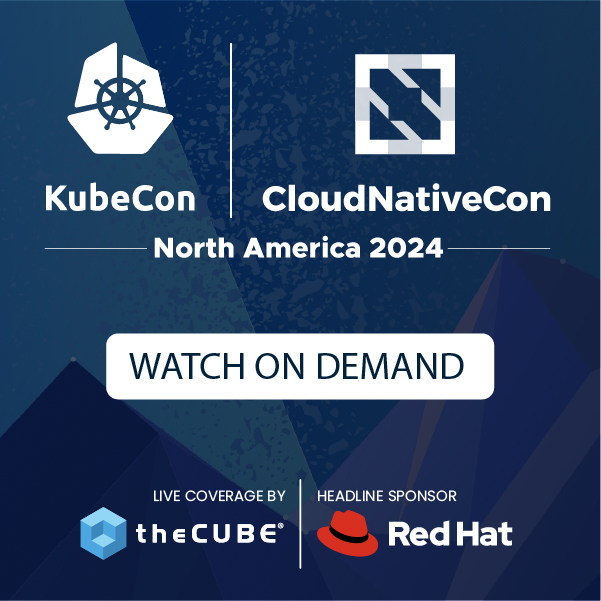Twitter to App Developers: Don’t Make Too Much Money Off Our Platform
![]() I recently wrote about Twitter’s business model as ultimately enveloping ever greater parts of its developer community. [Twitter Is The Black Hole Of The Twitterverse…]
I recently wrote about Twitter’s business model as ultimately enveloping ever greater parts of its developer community. [Twitter Is The Black Hole Of The Twitterverse…]
After all, why leave money on the table? Why not produce the best desktop client, or mobile client? Why let others build lucrative businesses out of your community?
That seemed to be the way things were moving for Twitter after one of its engineers Tweeted:
"If you had some of the nifty site features that we Twitter employees have, you might not want to use a desktop client. (You will soon.)"
Khris Loux, co-founder of JS-Kit Echo, a commenting service, writes that Twitter has a choice of being a tyrant, or a benevolent king.
How Twitter Can Become A New Breed Of Technology Company | paidContent
Twitter has an opportunity to create either value or angst for the developer community. The Twitter platform has led to countless third-party innovations, resulting in a rich set of applications that enhances the core platform. And Twitter has publicly encouraged these developers to join in the “gold rush” of opportunity and build businesses on its platform.
Indeed, the staggering growth of the service and a healthy ecosystem of complimentary applications have made Twitter a sort of benevolent king.
Now the hard part: building a business without becoming a tyrant.Twitter’s recent release of Twitter Lists, for example, undercuts the work of partners like TLists and shows the tightrope that Twitter (indeed all proprietary platforms) must walk to both grow their core platforms while also making sure that developers have an incentive to build on top of those platforms. Twitter’s failure to strike that balance could alienate a prime engine of its long-term value and growth.
Well put. But where is that balance?
How does it balance making money and letting others make money too?
How much money is it appropriate to let others make from your platform?
A young company such as Twitter, doesn’t have the time to exploit all the business opportunities. That’s why third-party developers have moved quickly to generate a plethora of Twitter apps: desktop clients such as Seesmic and Tweetdeck are two top examples.
But why let others profit from your community?
Twitter has investors, its management has a duty to maximize shareholder profits. And with each new round of investors, Twitter has to be able to promise new revenue growth.
Where’s that going to come from?
It will come from looking at its developer community and seeing where the low hanging fruit is, where maximum bucks can be made from minimum development costs.
Twitter can decide to buy a business or develop a look-a-like. That’s a simple decision: cost to buy the business versus development costs and time-to-market.
This is the way the way the world works, and it has nothing to do with being a tyrant or a benevolent king.
If you have a profitable business you will attract competitors. If you have a successful Twitter apps business, if it’s not Twitter coming after you, it will be other developers.
If your business is small enough, it’s probably not worth the development costs for Twitter to replicate it.
So the message to developers is: don’t make too much money from your Twitter apps otherwise your star will be sucked in and extinguished by the black hole at the center of the Twitterverse.
A message from John Furrier, co-founder of SiliconANGLE:
Your vote of support is important to us and it helps us keep the content FREE.
One click below supports our mission to provide free, deep, and relevant content.
Join our community on YouTube
Join the community that includes more than 15,000 #CubeAlumni experts, including Amazon.com CEO Andy Jassy, Dell Technologies founder and CEO Michael Dell, Intel CEO Pat Gelsinger, and many more luminaries and experts.
THANK YOU











